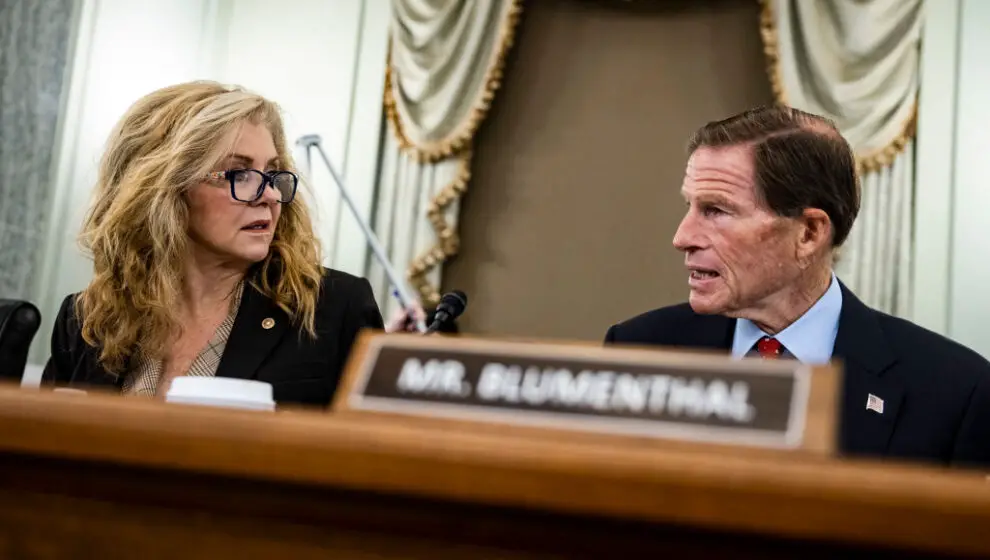After TikTok CEO Shou Zi Chew said under oath to Congress that American data had always been stored outside of China, the company now claims that content creators’ data is treated differently than the average user.
Key Details
- TikTok and its parent company ByteDance have been under scrutiny from lawmakers and government officials over concerns that American user data is stored in China—something the company now confirms is true for at least some users.
- A report from Forbes recently revealed that TikTok stored the data of some of its most prominent American and European influencers on Chinese data servers.
- TikTok responded by explaining that the company differentiated between “U.S. user data collected by the TikTok app” and personal information provided by creators to be paid for content, Forbes reports.
- The company reaffirmed that user data is stored in the U.S. and Singapore but did not state where content creators’ personal data is stored.
- According to a Forbes report, creators’ data stored in China includes information such as tax forms and Social Security numbers.
Why it’s news
Recent revelations about TikTok’s data storage will do little to lessen cries from public officials to ban the social-media app in the U.S. Already, multiple states have banned the app from government devices, and congressional leaders have been exploring options for a national ban.
Senators Richard Blumenthal (D-CT) and Marsha Blackburn (R-TN) wrote to Chew requesting an explanation after he stated under oath that American user data was not stored in China.
While TikTok differentiates between user data and content creator information, lawmakers will find it even more difficult to trust the words of TikTok and ByteDance officials.
“We stand by the statements made by our company executives to Congress,” TikTok says in a statement. “We were asked about, and our testimony focused on, the protected user data collected in the app—not creator data.”
The company considers protected data “user data identified by the U.S. Government as needing additional protection.” However, TikTok went on to say that there are “limited exceptions” that “were determined as part of TikTok’s extensive, multi-year negotiations with CFIUS”—the Committee on Foreign Investment in the United States.
According to the letter, the “limited exceptions” are: “Public data, business metrics, interoperability data, and certain creator data, if a creator voluntarily signs up for a commercial program to be supported by TikTok in reaching new audiences and monetizing content.”
TikTok further explained itself, saying that the data storage referenced in the Forbes report was creator data.
“TikTok believes that the Forbes article cited in your letter was referencing certain creator data such as signed contracts and related documents for U.S. creators who enter into a commercial relationship with TikTok—information that is collected outside of the standard app experience. Like most companies, we enter into commercial relationships with businesses and individuals, and collect and retain certain information to comply with applicable audit, accounting, tax, and other regulations.”
TikTok’s response did not convince Blumenthal and Blackburn.
“We are extremely concerned that TikTok is storing Americans’ personal, private data within the reach of the Chinese government,” the senators say in a joint statement. “TikTok executives appear to have repeatedly and intentionally misled Congress when answering how the company secures and protects the data of Americans. TikTok’s response makes it crystal clear that Americans’ data is still exposed to Beijing’s draconian and pervasive spying regimes—despite the claims of TikTok’s misleading public relations campaign.”
In their letter, the senators asked whether or not Beijing officials had been given access to any of the TikTok Creator Fund data. The company responded, “TikTok has not been asked for this data by the Chinese government or the CCP [Chinese Communist Party]. TikTok has not provided such data to the Chinese government or CCP, nor would TikTok do so.”
